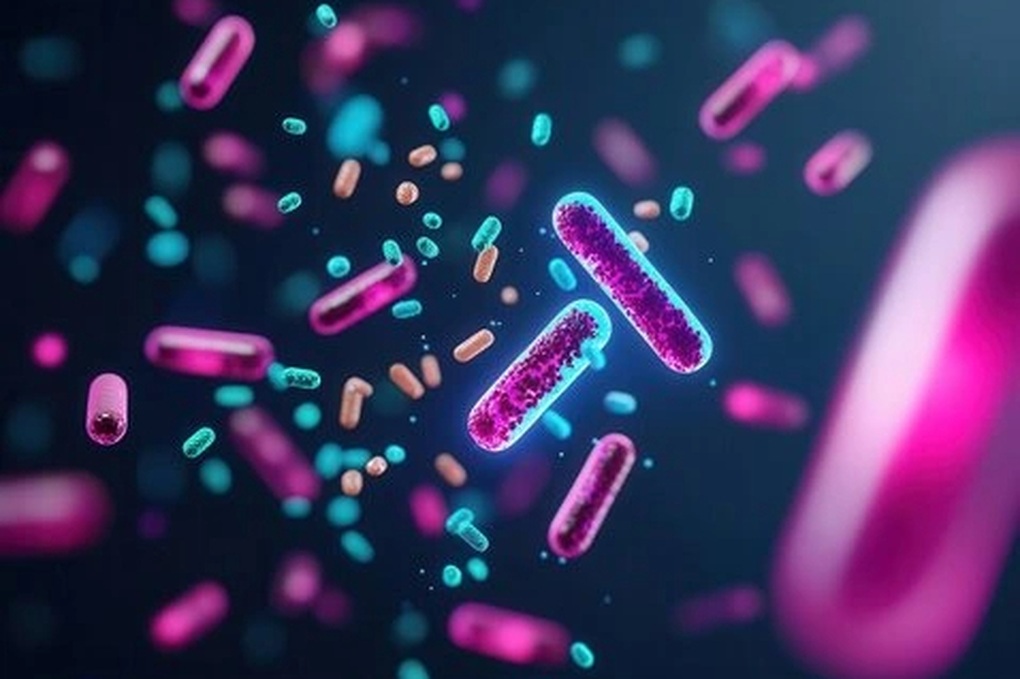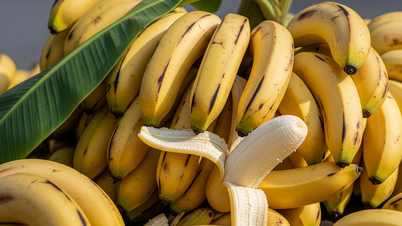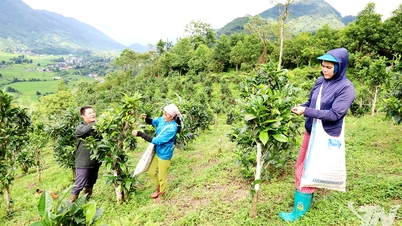For the first time, a probiotic strain has been discovered that is able to survive and thrive even when exposed to the antibiotic group Amoxicillin/Amoxicillin-clavulanate (Augmentin).
This is the most commonly used broad-spectrum antibiotic today in the treatment of infections.
Specifically, according to research published in prestigious scientific journals ( Microorganisms – MDPI and PubMed Central ), scientists have successfully isolated the strain Bifidobacterium breve PRL2020.
This is a probiotic that can survive, grow and maintain stability even in the Amoxicillin/Amoxicillin-Clavulanate (Augmentin) antibiotic environment.

First probiotic strain resistant to broad-spectrum antibiotics discovered (Illustration: Getty).
Notably, studies also confirmed that this probiotic strain does not carry the risk of transferring antibiotic resistance genes to other bacteria, which is an extremely important factor in ensuring biosafety when applied on a large scale.
Currently, the B. breve PRL2020 strain is being approached by a number of pharmaceutical and biotechnology companies for application in the development of new generation probiotic products, especially live yeast forms that can be used in conjunction with Amoxicillin/Amoxicillin-Clavulanate (Augmentin) antibiotics.
This is a breakthrough in the field of applied microbiology, promising to open up new directions for preventive medicine and digestive care during antibiotic treatment.
In the treatment of infections, antibiotics are an important and irreplaceable tool. However, in addition to killing pathogenic bacteria, antibiotics also cause serious damage to the beneficial microflora in the body, especially in the intestines. This is where up to 70% of immune cells are located.
This explains why patients, especially children, often experience diarrhea, digestive disorders, reduced resistance, and prolonged weakness after each course of antibiotics.
Although probiotics are often recommended for use in conjunction with antibiotics, the reality is that most common probiotic strains are "inactivated" in the presence of antibiotics, rendering their protective effect almost negligible.
Source: https://dantri.com.vn/khoa-hoc/tim-thay-chung-loi-khuan-dau-tien-song-sot-truoc-khang-sinh-pho-rong-20250911130506112.htm


![[Photo] Bustling Mid-Autumn Festival at the Museum of Ethnology](https://vphoto.vietnam.vn/thumb/1200x675/vietnam/resource/IMAGE/2025/10/4/da8d5927734d4ca58e3eced14bc435a3)



![[Photo] Solemn opening of the 8th Congress of the Central Public Security Party Committee, term 2025-2030](https://vphoto.vietnam.vn/thumb/1200x675/vietnam/resource/IMAGE/2025/10/4/f3b00fb779f44979809441a4dac5c7df)
![[Photo] General Secretary To Lam attends the 8th Congress of the Central Public Security Party Committee](https://vphoto.vietnam.vn/thumb/1200x675/vietnam/resource/IMAGE/2025/10/4/79fadf490f674dc483794f2d955f6045)





















































![[VIDEO] Summary of Petrovietnam's 50th Anniversary Ceremony](https://vphoto.vietnam.vn/thumb/402x226/vietnam/resource/IMAGE/2025/10/4/abe133bdb8114793a16d4fe3e5bd0f12)

![[VIDEO] GENERAL SECRETARY TO LAM AWARDS PETROVIETNAM 8 GOLDEN WORDS: "PIONEER - EXCELLENT - SUSTAINABLE - GLOBAL"](https://vphoto.vietnam.vn/thumb/402x226/vietnam/resource/IMAGE/2025/7/23/c2fdb48863e846cfa9fb8e6ea9cf44e7)

































Comment (0)